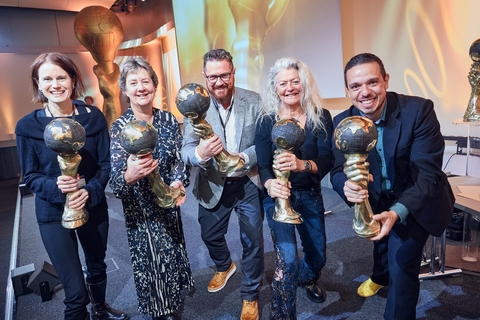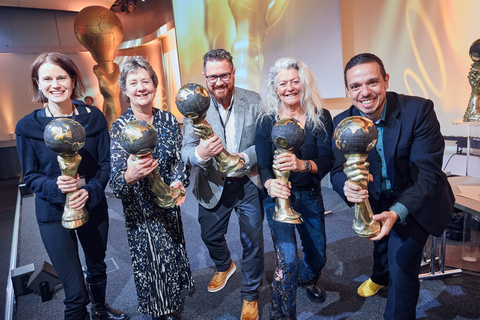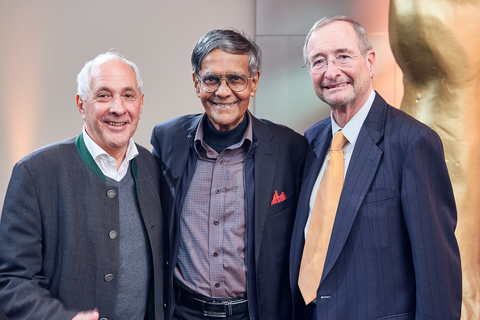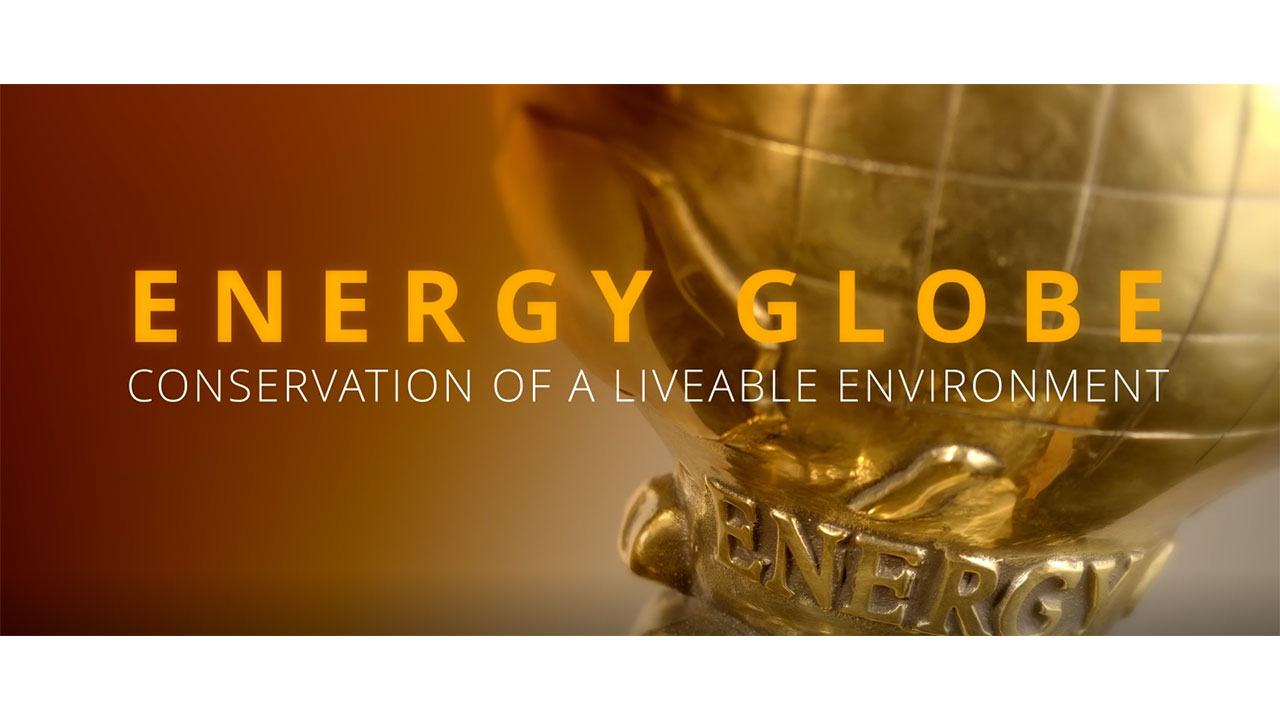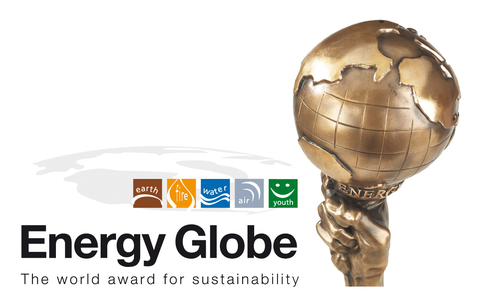VIENNA--(BUSINESS WIRE)--In an extremely exciting ceremony on November 30 in Vienna at the world's most important environmental award, the world winners for sustainability were chosen in the 5 categories, Earth, Fire, Water, Air and Youth.
For more than 20 years, the Energy Globes have been awarded annually. In total, over 30,000 sustainable projects have been submitted, proposing innovative solutions to environmental problems. This was confirmed by high-ranking experts in a panel discussion before the ceremony, among them Nobel Laureate Prof. Mohan Munasinghe: “There is no shortage of solutions to our current crises, as the many projects entered for the Energy Globe have demonstrated impressively. It is important to inform people and economic players worldwide of these solutions, and to motivate them to join in their implementation.”
To achieve this, the unique www.checkpoint.eco portal providing advice on energy efficiency was introduced.
In the category “Earth”, projects from Ethiopia, Czech Republic and India were nominated, showing how vast areas of land can be made fertile again through reforestation, or replacing plastic-fillers with biological waste and fungi. The winner came from India, where a bio-enzyme prevented the burning off of millions of hectares of stubblefields and increased soil fertility at the same time.
The winning project in the “Fire” category came from Ruanda, where green electricity is being made available and affordable for everyone. The nominated projects from Portugal and Switzerland presented green electricity using sea wave power, and an energy saving of 90% for data storage in data centres, respectively.
A project from Brazil, which keeps 17 billion litres of drinking water clean annually through the collection and recycling of oil bottles, won the “Water” category. Runners-up from Slovenia and Jordan showed how filters in washing machines prevent microplastic fibres from getting into the wastewater, and how wastewater may be purified even in remote areas.
In the “Air” category, the winning project from China recycles CO2, thus manufacturing new fuels. Projects from Austria and Canada suggested ways of producing hydrogen independently and saving energy in air-condition systems while simultaneously improving air quality.
Winner in the ”Youth” category was a project from Australia, which is helping to educate young people in environmental matters in 129 countries.
At the end, a special prize for climate-friendly cooking, which affects billions of people, was awarded.
For details, see www.energyglobe.info
A new cryptocurrency for sustainability, SGCf (Sustainable Globe Coin fraction) for short, was also introduced for the first time. Thanks to a newly developed algorithm, production of the SGCf is energy-efficient, and the value of the currency is generated through zero-emission projects, resulting in financial incentives as well as investments in low-carbon, sustainable economic activities. The coin may be stored in digital wallets as well as converted into other currencies on www.xglober.com. Each Energy Globe World Award winner received EUR 3,000 Euro in SGCf.

